菜单
日期:2025-07-25 浏览:514作者:UoM China Centre
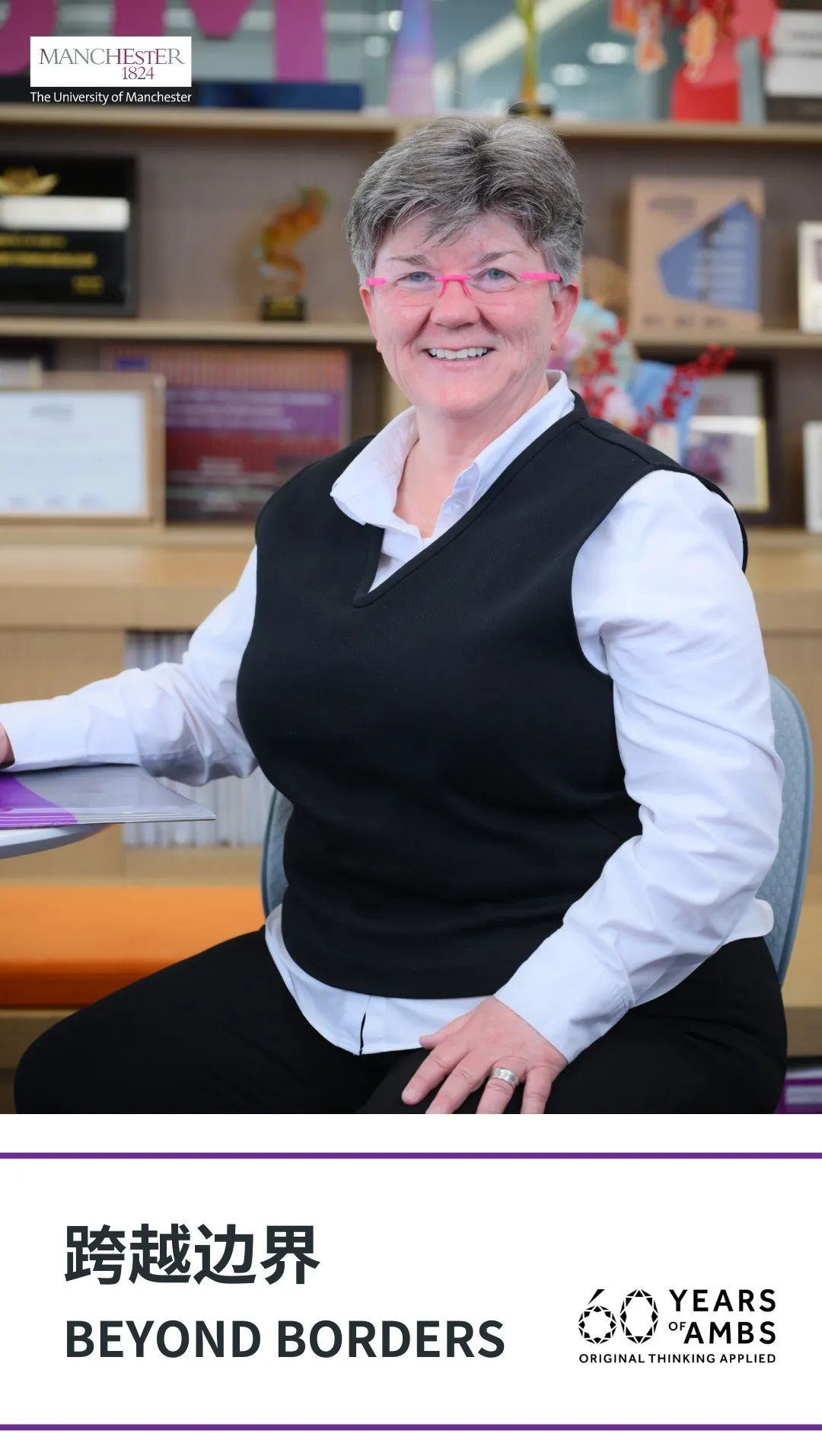
Recently, Professor Angelia Wilson, Associate Dean for Internationalisation of the Faculty of Humanities and Professor of Politics at The University of Manchester, visited The University of Manchester China Centre in Shanghai and sat down for an exclusive interview. We were honoured to have a face-to-face conversation with her — a deep and thought-provoking dialogue that felt like a global journey across cultures and ideas. With her roots in rural America and a career spanning three decades at one of the UK’s leading universities, Wilson’s story is one of bridging cultures, disciplines, and ideas. Her passion for international education and the transformative role of humanities shines through as she shares her vision for a more connected, socially responsible world.
Wilson’s journey into internationalisation began far from Manchester’s bustling campus. “I was born in a very rural spot in America,” she recalls, her voice warm with nostalgia. “My community was small, and my education was limited. But studying abroad as a Rotary International Fellow for my master’s in the UK changed everything.” That experience opened her eyes to the power of global dialogue—a theme that now defines her work. “It’s not just about understanding politics or business,” she says. “It’s about cultures, perspectives, and learning to see the world through others’ eyes. That’s what education should do.”
Her favourite word, “diaphobia,” captures the opposite of this vision: a fear of dialogue, a retreat into isolation. “Being scared to engage keeps us small. To be in dialogue with one another is important to education .” It’s a philosophy she’s brought to her role, where she champions international experiences for students and researchers alike, ensuring they leave Manchester with a broader worldview.
As Associate Dean, Wilson oversees a Faculty of Humanities that encompasses everything from social sciences to law, business, and the arts—“everything that’s not STEM”, as she puts it. In a world where science and technology often steal the spotlight, she’s a fierce advocate for the humanities’ unique value. “STEM takes care of the body and makes life easier,” she explains with a smile. “But humanities? That’s what makes life worth living.” From addressing the anxieties of a tech-driven world to exploring the ethics of AI, the humanities at Manchester equips students to navigate the complexities of our times—not just with knowledge, but with understanding.
One of Wilson’s proudest initiatives is Global Classrooms, a program that brings international learning to every student, even those who can’t afford to study abroad. “Not everyone can hop on a plane to China or India,” she says. “So we use online platforms to connect our students with peers and lecturers worldwide.” Through virtual exchanges and guest lectures, Manchester students engage in cross-cultural conversations, gaining perspectives that enrich their education, whether it’s researchers collaborating on global challenges or students discovering new ideas.
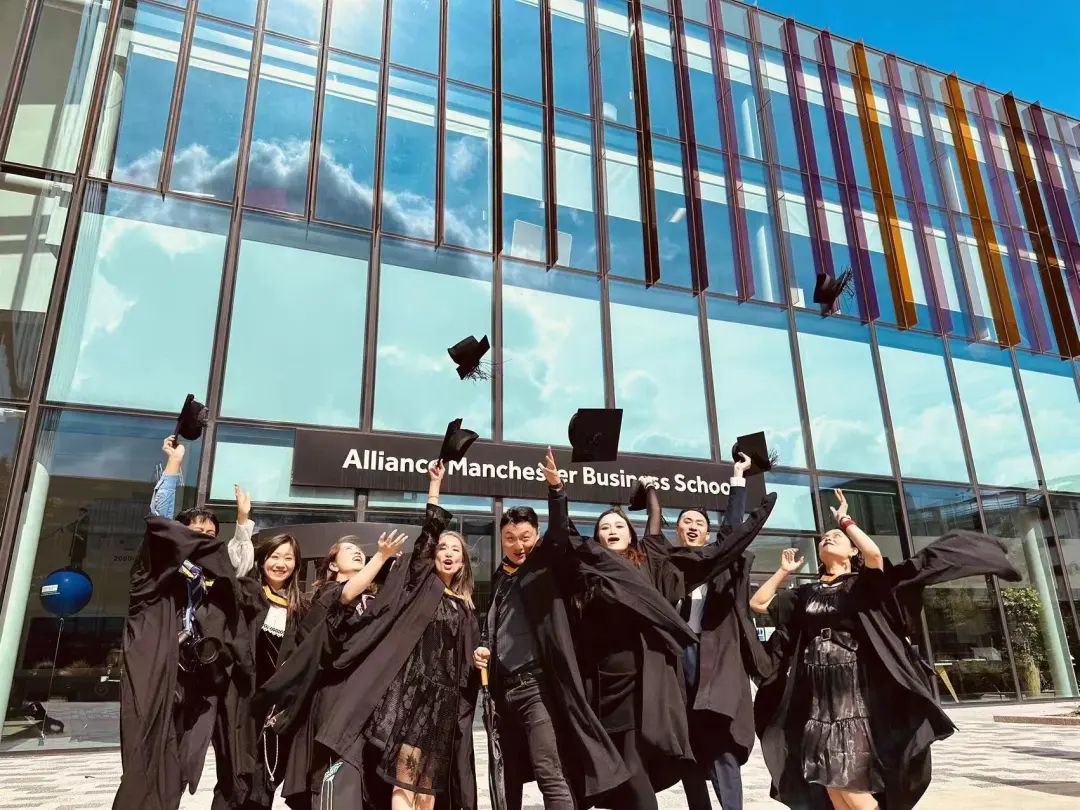
This year, as Alliance Manchester Business School (AMBS) celebrates its 60th anniversary, Wilson sees it as a moment of reflection and renewal. “Turning 60 is like the third act of a play,” she muses, drawing a parallel between personal growth and institutional evolution. “You bring together the energy of youth, the experience of midlife, and the wisdom to ask, ‘Who are we now?’” For AMBS, that wisdom lies in its research-driven teaching, where faculty translate cutting-edge insights into lessons that prepare students for a rapidly changing world. “What we taught 60 years ago isn’t what we teach now,” she notes. “We’re agile, creative, and always learning.”

Wilson is equally passionate about interdisciplinary collaboration, a cornerstone of Manchester’s approach. AMBS faculty work alongside computer scientists, artists, and social scientists, exploring everything from the ethics of AI to the role of arts in mental health. “Our Masood Entrepreneurship Centre (MEC) offers classes to every student, not just business majors,” she says. “It’s about teaching them to make a positive impact on the world around them—using what they’ve learned to contribute to society, families, and communities. Yes, it's fantastic if they become billionaires, but more importantly, it’s about making an impact.”
In a world that sometimes feels inward-looking—“maybe it’s post-COVID, maybe it’s the Trump trend,” Wilson quips—she sees international collaboration as more vital than ever. Manchester’s commitment to global challenges like sustainability underscores this, with the university recently ranked number one in the UK and number two globally in the Times Higher Education Impact Rankings for advancing UN sustainability goals. “We’re not just teaching students to succeed,” she says. “We’re teaching them to make a difference.”
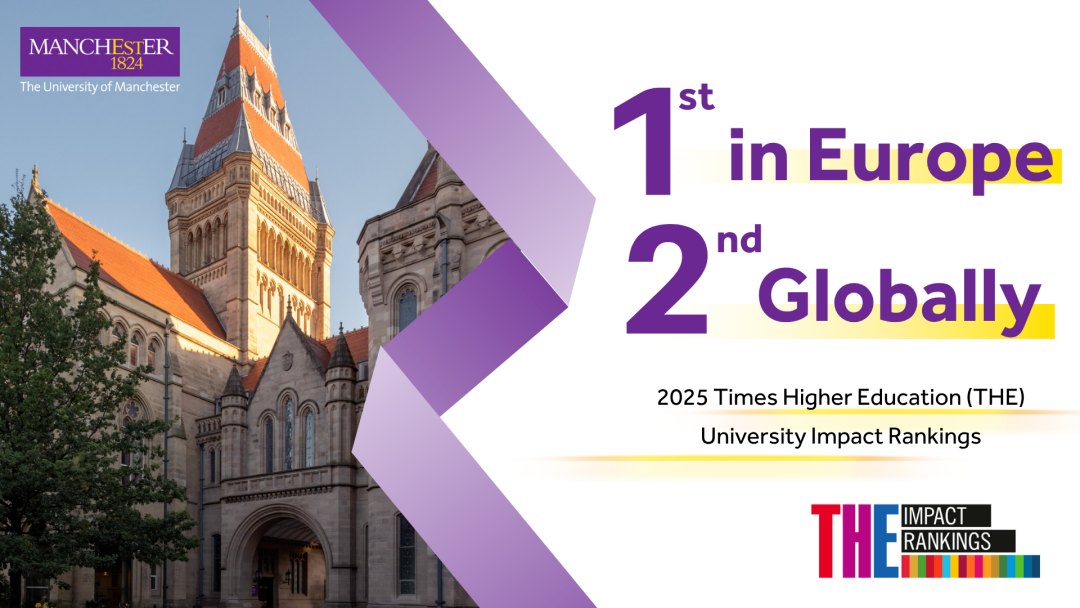
For Wilson, AMBS is a vital piece of Manchester’s interdisciplinary mosaic, where business education draws strength from the humanities and social sciences. “Our AMBS colleagues don’t just teach business models in isolation,” she explains, her voice brimming with enthusiasm. “They’re in constant dialogue with social scientists, historians, and philosophers across the Faculty of Humanities.” This cross-pollination shapes how they teach, bringing a global perspective into the classroom—whether it’s navigating the complexities of the political economy or understanding cultural nuances in international markets. “They help students interpret the world,” she says, “from reading the morning news to reading the dynamics of a boardroom.”
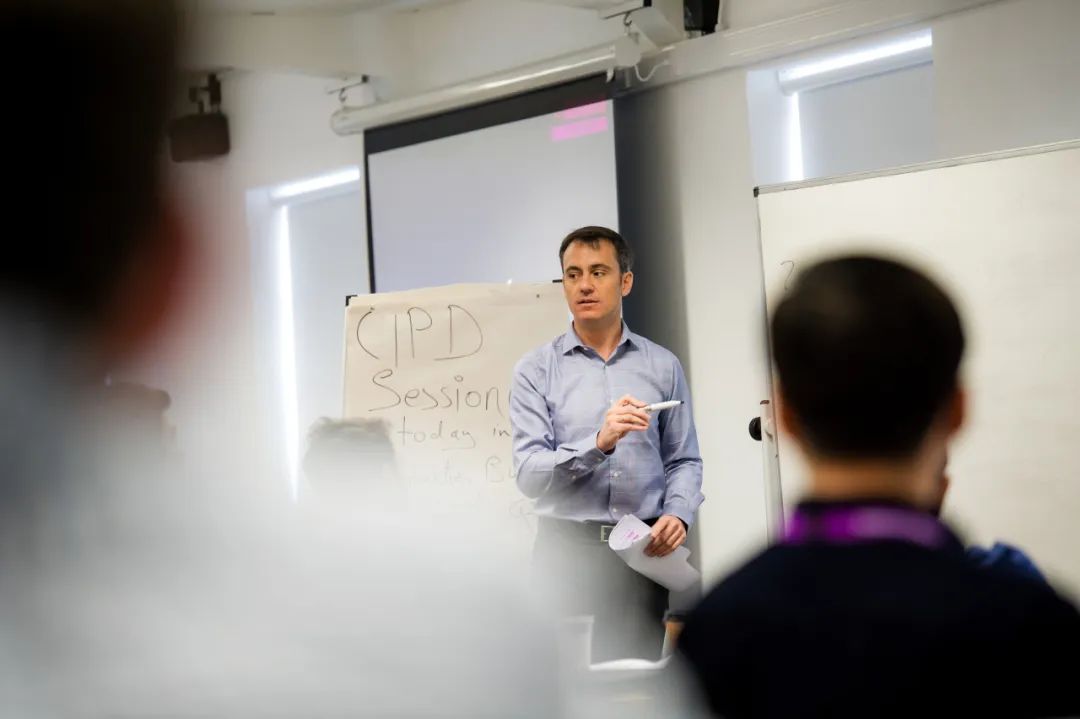
This interdisciplinary approach fosters more than just business acumen; it builds emotional intelligence and social responsibility. Wilson emphasises that AMBS faculty draw on humanities to teach students how to think critically and lead with empathy. “It’s not about adopting one theory to solve a problem,” she notes. “It’s about weaving together insights from across disciplines to manage teams, structure companies, and make ethical decisions.” By embedding this broader awareness, AMBS equips students to be leaders who don’t just chase profits but understand their role in a connected, ever-changing world.
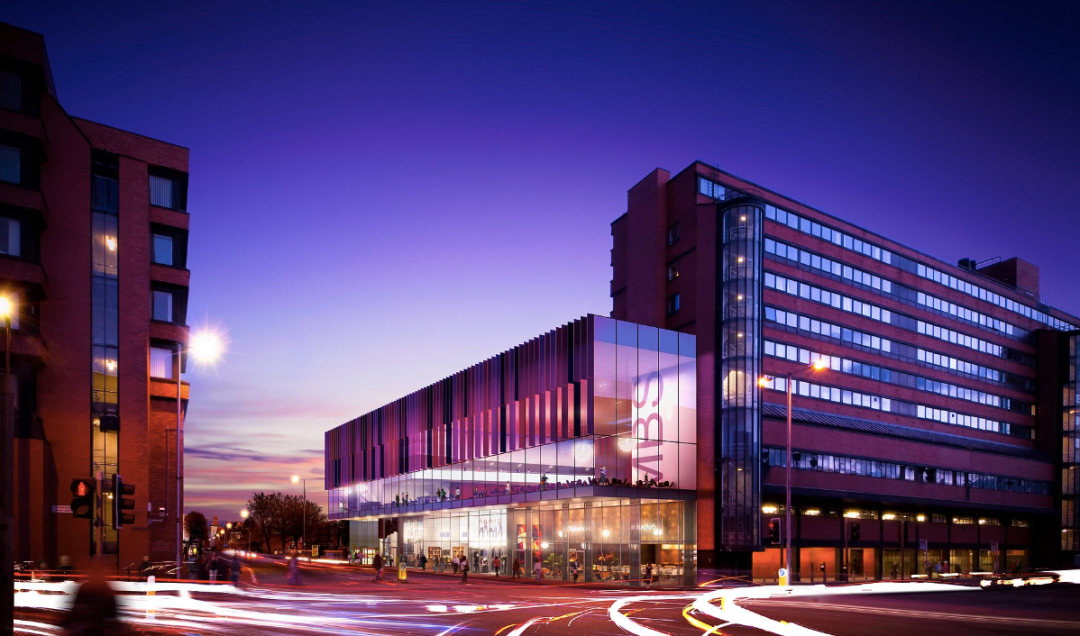
For students and young researchers who aspire to contribute to international academic exchange and to build careers that bridge different disciplines and cultures, Wilson’s advice is both empathetic and direct: “I get it—it’s scary out there. COVID made us insular, taught us to stay safe at home. But the risk of not engaging is greater.” She shares a personal story of learning Mandarin, first through Duolingo, then at Manchester’s Confucius Institute, and finally by immersing herself in China. “I learned more in a week travelling from Beijing to Shanghai than months on an app,” she says, her eyes sparkling. “You have to step out, be scared, and do it anyway. That’s how you grow, how you solve the world’s problems.”
As our conversation wraps up, Wilson’s message is clear: humanities and social sciences aren’t just “nice” additions to a STEM-dominated world—they’re essential. By fostering dialogue, critical thinking, emotional intelligence, and global awareness, they prepare students to be not just leaders, but thoughtful, impactful citizens. From rural America to leading international forums, her own journey illustrates what we teach: the courage to step into the unknown.